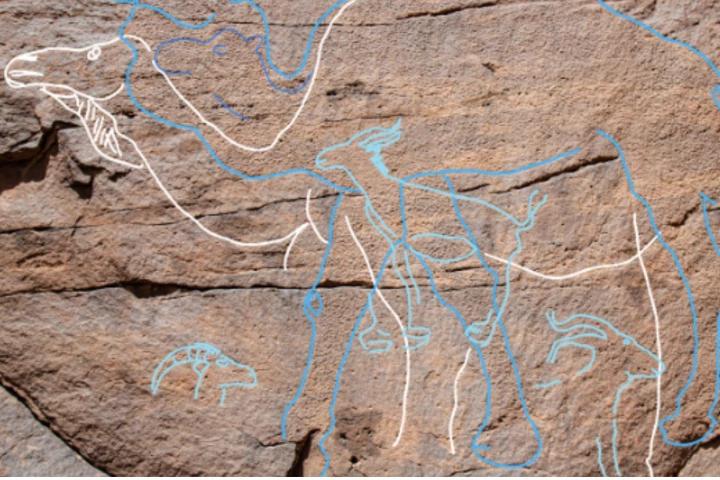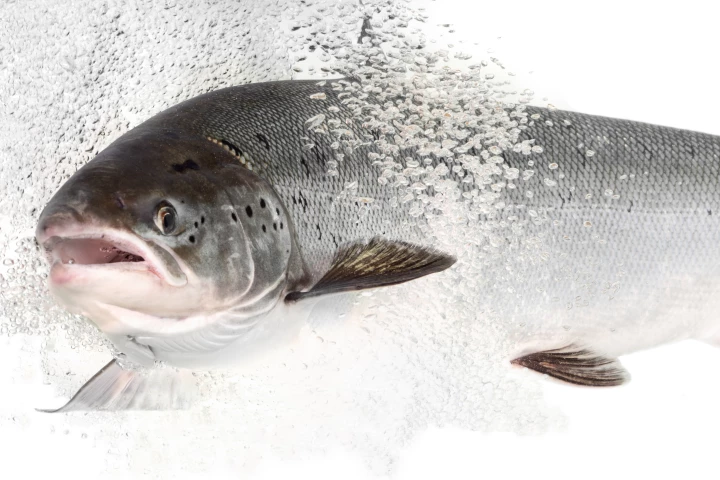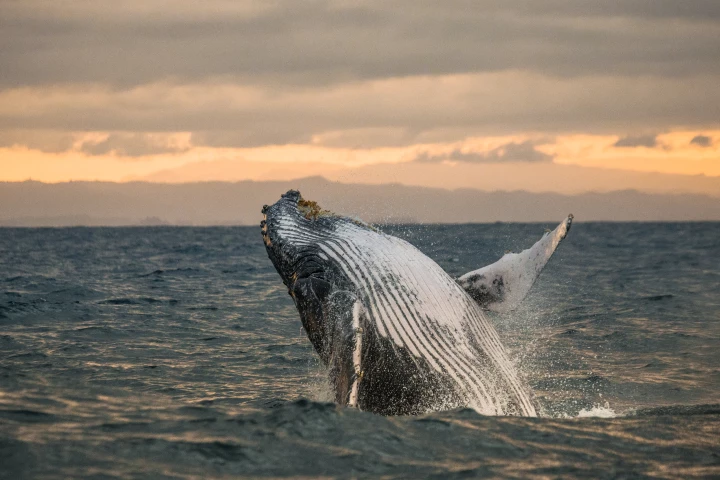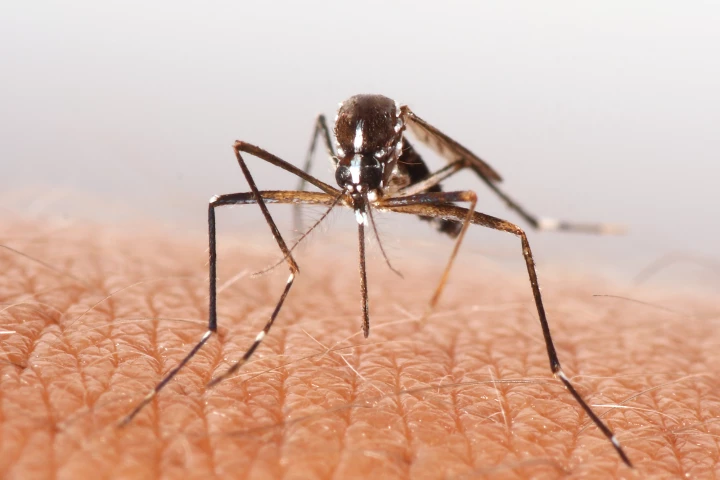Griffith University
-
A 26-ft deep excavation in Indonesia has revealed that humans and a hominin species that pre-dates humans used the same cave. The enticing possibility even exists that both species overlapped, sharing the space at the same time.
-
In a breakthrough for diagnostics, scientists have created an effective and easy test that identifies a heart failure biomarker in saliva, opening the door to more rapid and accessible life-saving medical interventions for this disease – and others.
-
Many anabolic steroid users are turning to online forums – not doctors – for help coming off the drugs, a new study shows. With misinformation and inconsistent advice rife, experts warn that this could fuel preventable health risks.
-
Large rock-face murals scattered across the desert represent one of the most ambitious – and perilous – creative feats of ancient humans, with researchers arguing the massive carvings acted as visual beacons, guiding people to crucial water sources.
-
Humpback whales may look like gentle giants, but each year they undertake nature's most extreme crash diet, shedding 36% of their mass in less than two months. New insights into their epic annual swim has identified just how huge their fat loss is.
-
A benzodiazepine seeping into waterways is causing young Atlantic salmon to behave strangely, with fish in the wild migrating more rapidly and taking more risks on their journey from river to ocean. It even seems to be messing up their social lives.
-
Two lion siblings – one with only three legs – have set a daring new world record for long-distance swimming, paddling across a treacherous channel infested with crocodiles and hippos, on an epic life-or-death journey in search of female mates.
-
Play is a vital part of animal behavior, helping to form social structures and bonds, develop cognitive function and enhance physical abilities. Now, it's believed whale play with seaweed to scrub off dead skin cells and parasites as they migrate.
-
Researchers have found that tire wear and tear is a major contributor to urban waterway pollution, producing particulate matter that includes microplastics. But they also found effective ways of reducing this type of potentially harmful pollution.
-
Environmental modification has a flow-on effect on natural ecosystems, including the insects that carry disease. For the first time, researchers have shown how environmental change affects the transmission of insect-borne diseases.
-
Archeologists have discovered the oldest evidence of a surgical procedure in humans. A Stone Age hunter-gatherer, who lived more than 30,000 years ago, had a carefully amputated leg, making it the earliest known surgery by tens of thousands of years.
-
Researchers have uncovered how a certain enzyme triggers the breakdown of nerve fibers in neurodegenerative diseases – and how to potentially switch it off. The find could lead to a new class of drugs that slows the progression of these disorders.
Load More











